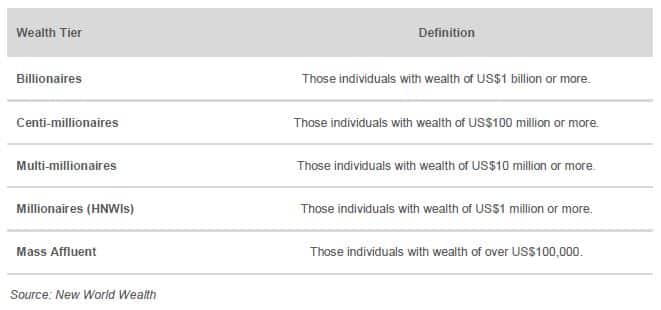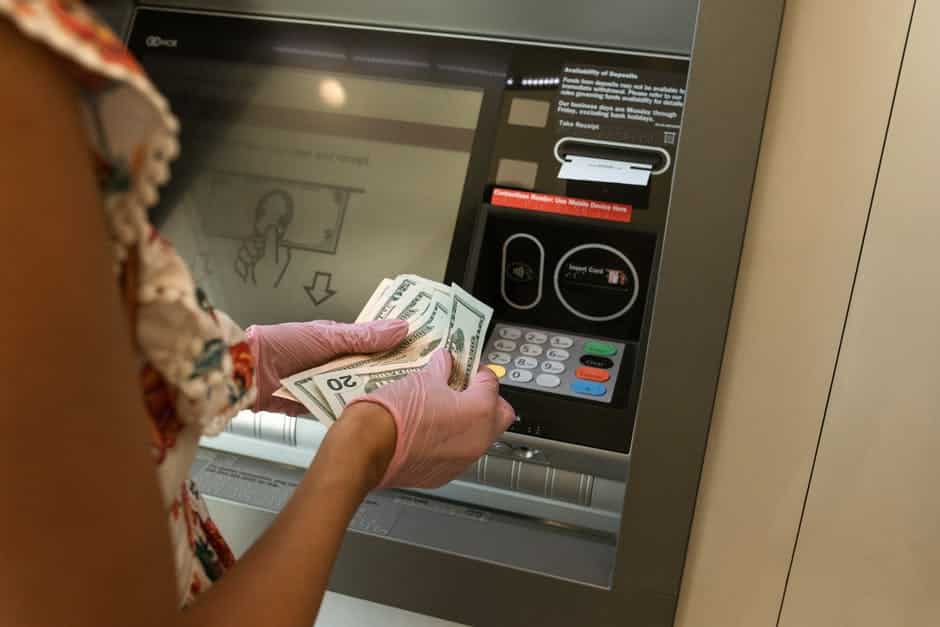Are you suffering from quarantine boredom? Are you wondering if there’s a way to earn money at home?
Since COVID-19 entered the world, remote work has become more important than ever. And it’s a great way to use your time productively when there aren’t many places to go.
Here’s how you can earn extra money without getting out of your pajamas.
1. Sell Your Unwanted Items
You might be surprised at all the ways you can sell old items online, especially if they’re still in good condition. Sites like eBay, Gumtree, and Craigslist are great places to turn trash into treasure.
Laptops and tablets are always a hot commodity if they’re in good working order. CDs and vintage games are also in demand, especially during the holidays.
You may also be able to sell your old clothes this way. If you’ve got a few items that you rarely wear, they could be priceless to someone else. Just make sure they’re washed, ironed, and neatly folded.
Consignment shops are another great way to get a few dollars for gently used clothing and accessories. They might offer you upfront payments or the potential for profit sharing. If your store profit shares, your clothes will be tagged with an account number and you’ll get a portion of the profits after your items get purchased.
Look around for a specialty consignment shop that sells the types of items you tend to purchase. After a while, you’ll get a feel for the types of items that sell and start to make more profitable decisions.
2. Start Your Own Website
These days, you can start your own website with nothing more than a domain name, website hosting service, and website platform such as WordPress.
A good topic for your website could be a subject you have expertise in that you could inform your readers about. You can also provide services such as fashion advice, counseling, or self-help.
Affiliate marketing is a popular way to monetize your site. In these cases, you’ll have links to affiliate businesses on your site. And you’ll get a revenue share every time someone clicks on the link to set up an account.
You can also make money by selling a product or service that people want, such as an e-course. Other website entrepreneurs have paid members or sponsors who pay to post ads or product reviews.
Make sure you do your research before launching your site. Make sure that you choose a topic you have expertise and knowledge in. And you’ll want to be certain your ready to keep learning about the topic as your site becomes more popular.
3. Become an Online Tutor
Online tutors can make ten to nineteen pounds per hour. All you need is a working computer with a camera and expertise in a particular area.
Of course, a degree in a field you’ll be tutoring in will be particularly helpful. Yet many of today’s students need extra help with their schoolwork due to less time spent in the classroom.
Offer to tutor the children of some people you know for a low rate if you’re looking for a way to start. As you begin to develop a good reputation, you can start to charge more and organise your schedule to suit your needs and comfort. Social media is also a great way to advertise your services to local neighborhoods.
4. Get Paid to Write Reviews
There are lots of websites out there that will pay you to write reviews of restaurants, movies, or products. You’ll also be earning a little free entertainment.
Make sure that all of the reviews you turn out are of high quality. Check your grammar and spelling so you’ll continue to get work as a paid reviewer.
The best part about reviewing products and services is that there’s some flexibility with your schedule. You can visit local establishments or test various products after work or before your children wake up in the morning.
5. Work As a Customer Service Agent
Believe it or not, there are plenty of companies out there that will pay a decent hourly wage for individuals to work at home in customer service, especially around Christmas.
Unlike other remote options, work-from-home customer service agents earn a steady hourly wage. If you’re a good listener with important interpersonal skills, such as patience and empathy, remote customer service could be a great way to keep your bank account happy.
The Best Way to Earn Money at Home
Quarantining has required many of us to rethink the way we pay the bills. Working remotely is a wonderful way to turn your extra time into a profitable opportunity.
Side hustles are also an excellent opportunity for you to require new skills and experiences that can be valuable in the future. You can also begin developing a new network of contacts that may be important for your future professional development.
During a time when many are suffering from anxiety and depression, a profitable side business can give you a productive escape from negative thoughts and feelings. You’ll develop confidence and peace of mind, as well as the freedom to create a work-life balance that is optimal for your personal well-being.
Get to Work!
When you’re ready to earn money at home, there is a myriad of opportunities you can take advantage of. With a little research and a willingness to keep trying, you’ll discover an enterprise that suits your personality in no time.
Don’t stop getting smart about your financial opportunities now. For more information on personal finance, read our blog today.






